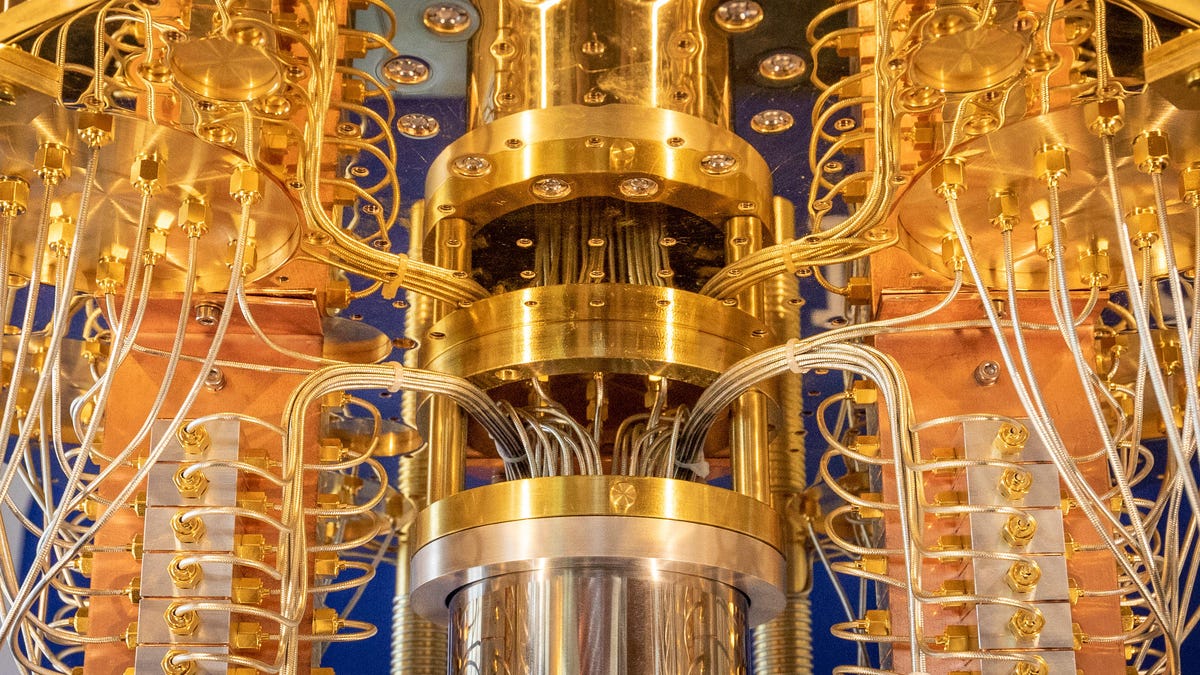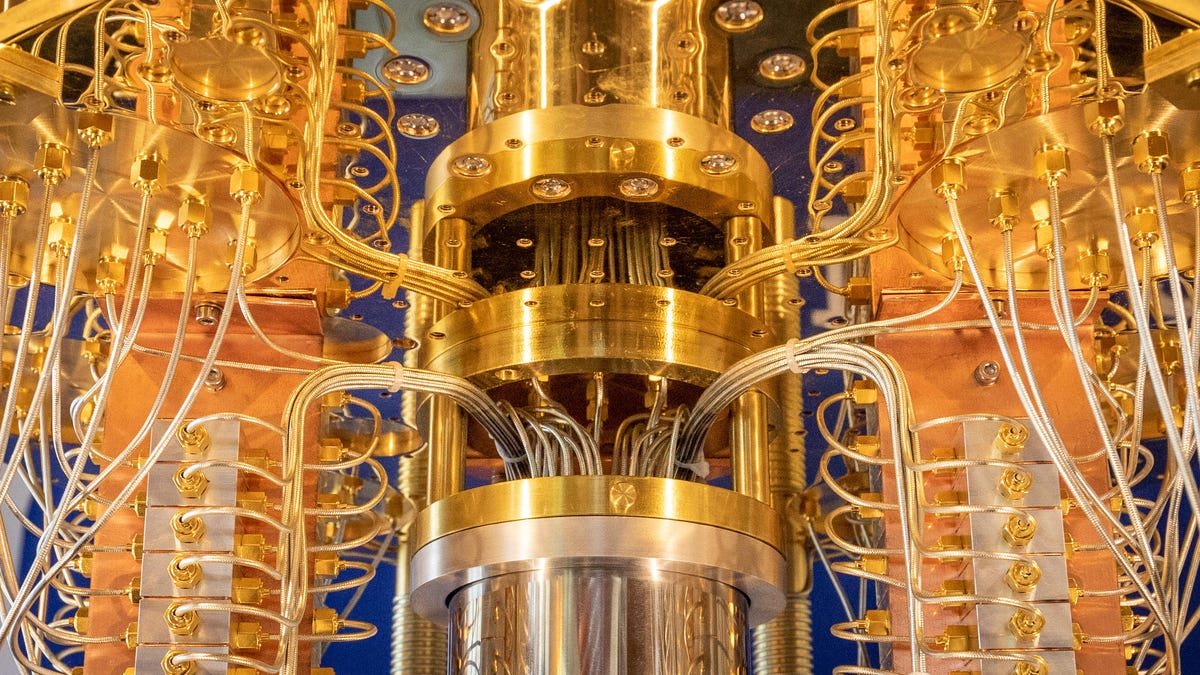
Quantum computing promises to deliver processing power that surpasses current supercomputers. So far, however, they have only managed a few specialised computations. London-based start-up Quantum Motion, has taken an approach that utilises an already well-tested and ubiquitous material: silicon to build its quantum computers.
https://www.scihb.com/2023/03/from-qubits-to-quantum-superposition.html?fbclid=IwAR12CxM6MpLNcGedSFhka3Hqtdi5z6hT4K68sG9l_UWMli4MaQgFgbKB8Z8
Quantum computer makers like their odds for big progress
Error correction could make these revolutionary machines more practical sooner than expected.

For years, quantum computing has been the preserve of academics. New advances, however, are pushing this potentially revolutionary technology toward practical applications.
At the Q2B conference this month, quantum computer makers Google, IBM, Honeywell, IonQ and Xanadu detailed specific steps they expect by 2024 that will push their machines further down the road of commercial practicality. Those achievements include increasing quantum computers’ scale, performance and reliability. Private sector spending on quantum computing products and services will likely more than triple to $830 million in 2024, up from $250 million in 2019, according to a forecast from Hyperion Research.
“We’re in the early industrial era of quantum computing,” said Seth Lloyd, an MIT professor who helped found the field in the 1990s. He says the “huge advances” are comparable to the early use of steam engines to power factories, ships and trains.
One buzzworthy breakthrough is progress toward error correction, which should let quantum computers perform sustained calculations instead of fleeting spurts of work. That improvement comes through overcoming a fundamental limit with qubits, the basic elements for storing and processing data in a quantum computer. Qubits are easily perturbed by outside forces, but error correction is designed to overcome the finickiness of individual qubits. It’ll require bigger machines with many more qubits, but quantum computer makers see progress there, too.
If quantum computer makers succeed, error correction could help the industry realize its promise to dramatically improve on conventional processor performance for some important problems. Quantum computers won’t replace classical machines, which also face manufacturing difficulties and rising costs, but they could reach beyond today’s limits to design new solar panels, lower airplane fuel usage, speed up artificial intelligence, improve financial investing and cut delivery costs.
Quantum computers go beyond ones and zeros
Conventional computers store information as bits — ones or zeros — and perform calculations using tiny electronic data-processing components called transistors. In contrast, quantum computers’ qubits can store a combination of one and zero at the same time thanks to a quantum physics phenomenon called superposition. Qubits can be interlinked by entanglement, another quantum physics phenomenon. https://www.cnet.com/tech/computing/quantum-computer-makers-like-their-odds-for-big-progress-soon/

